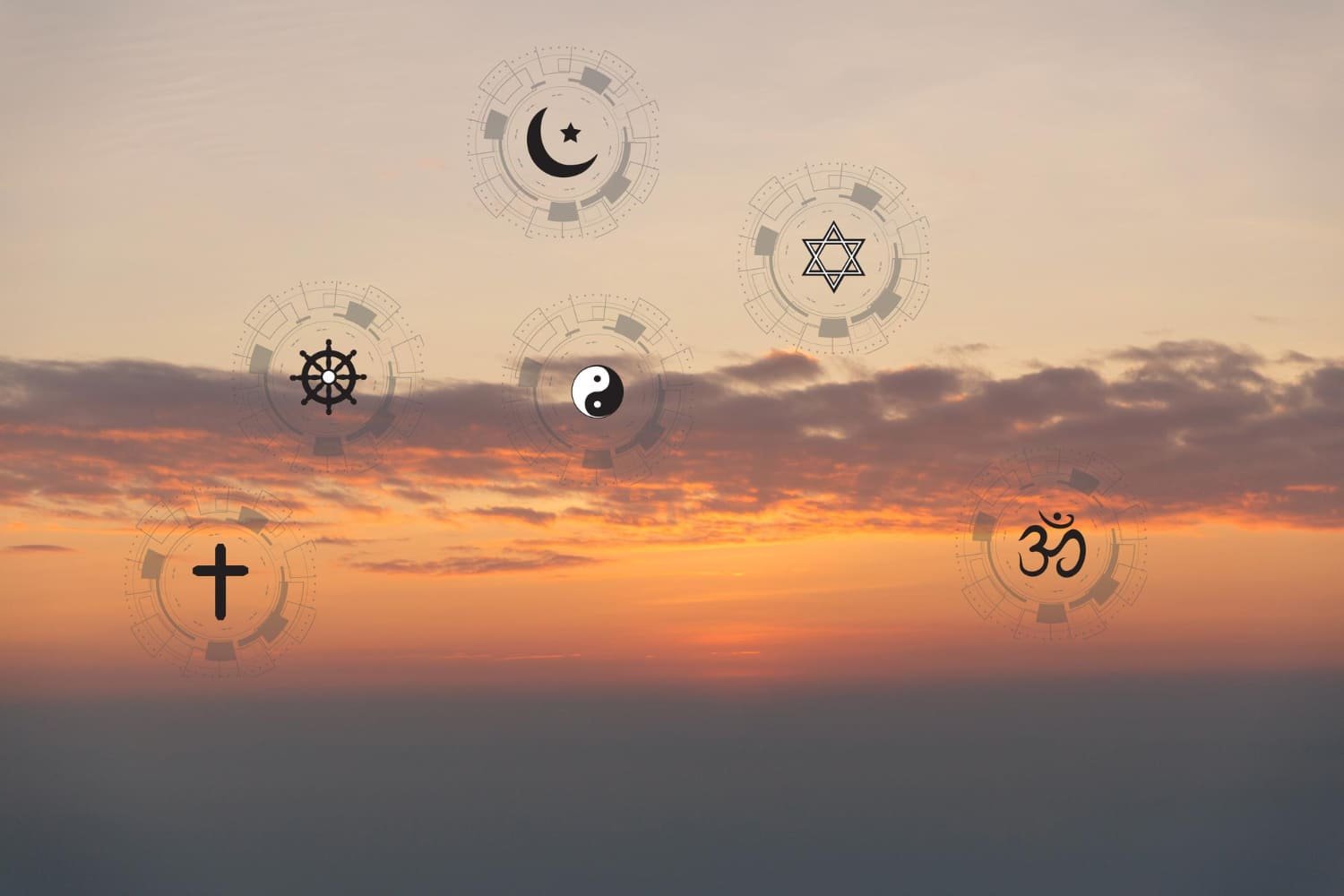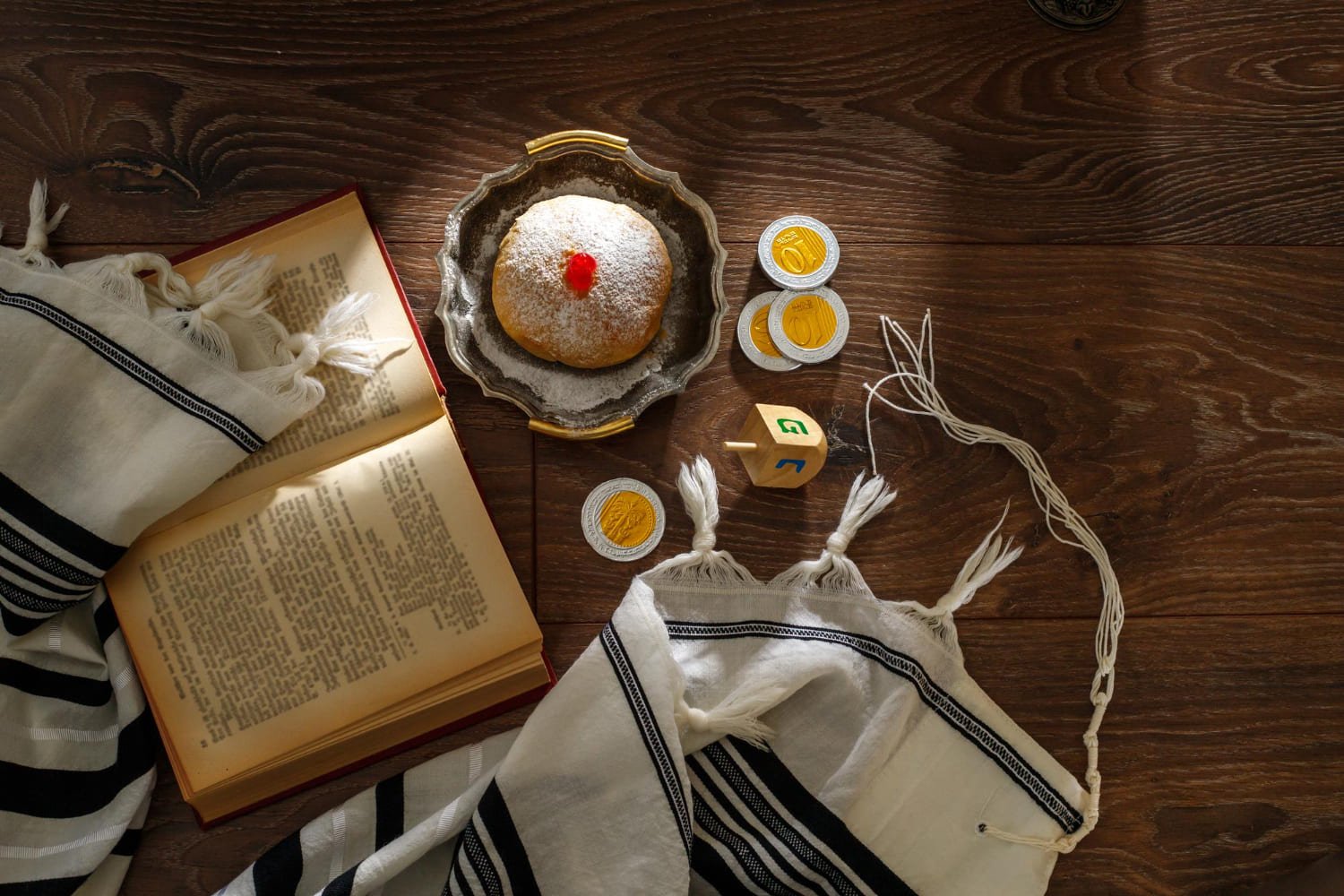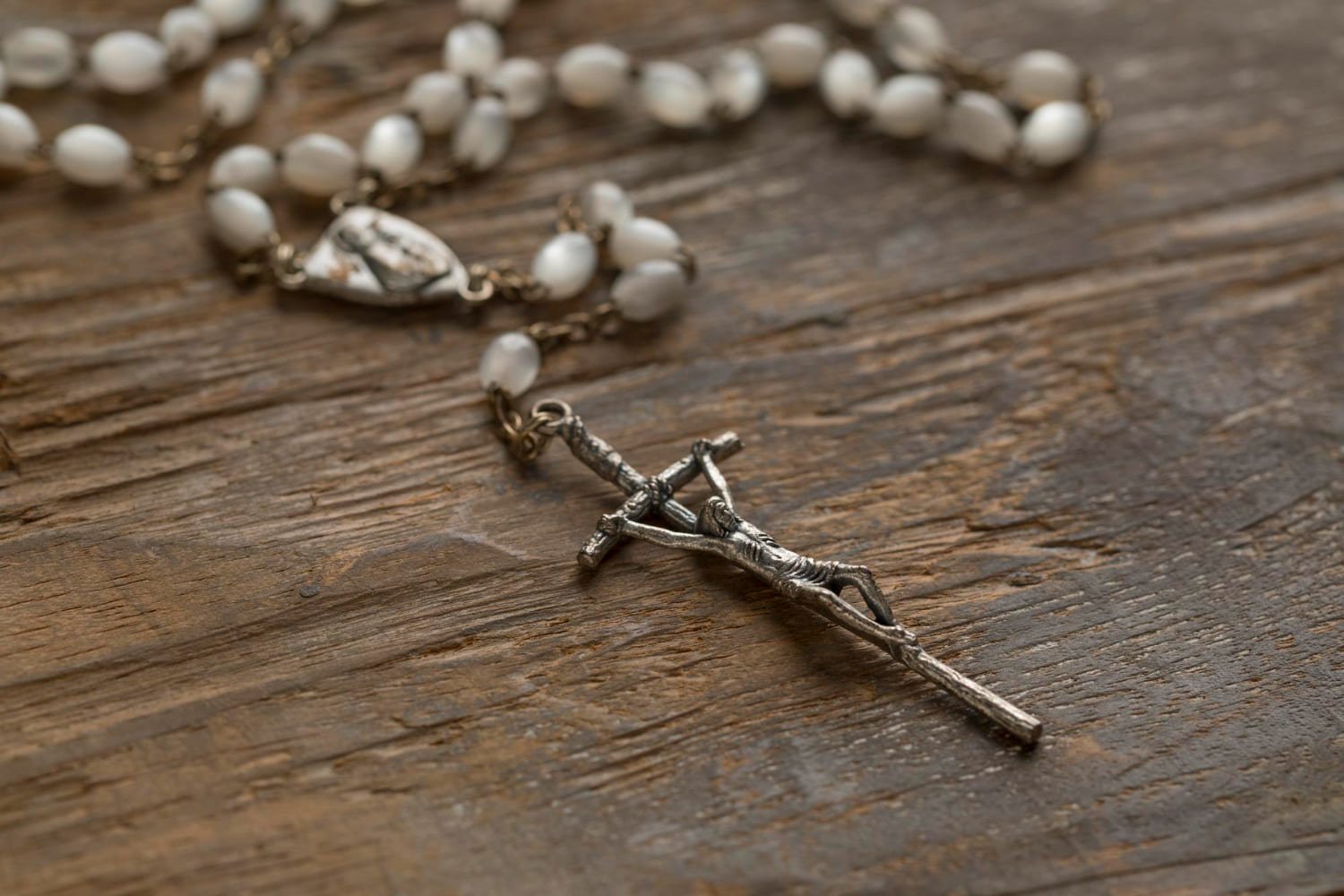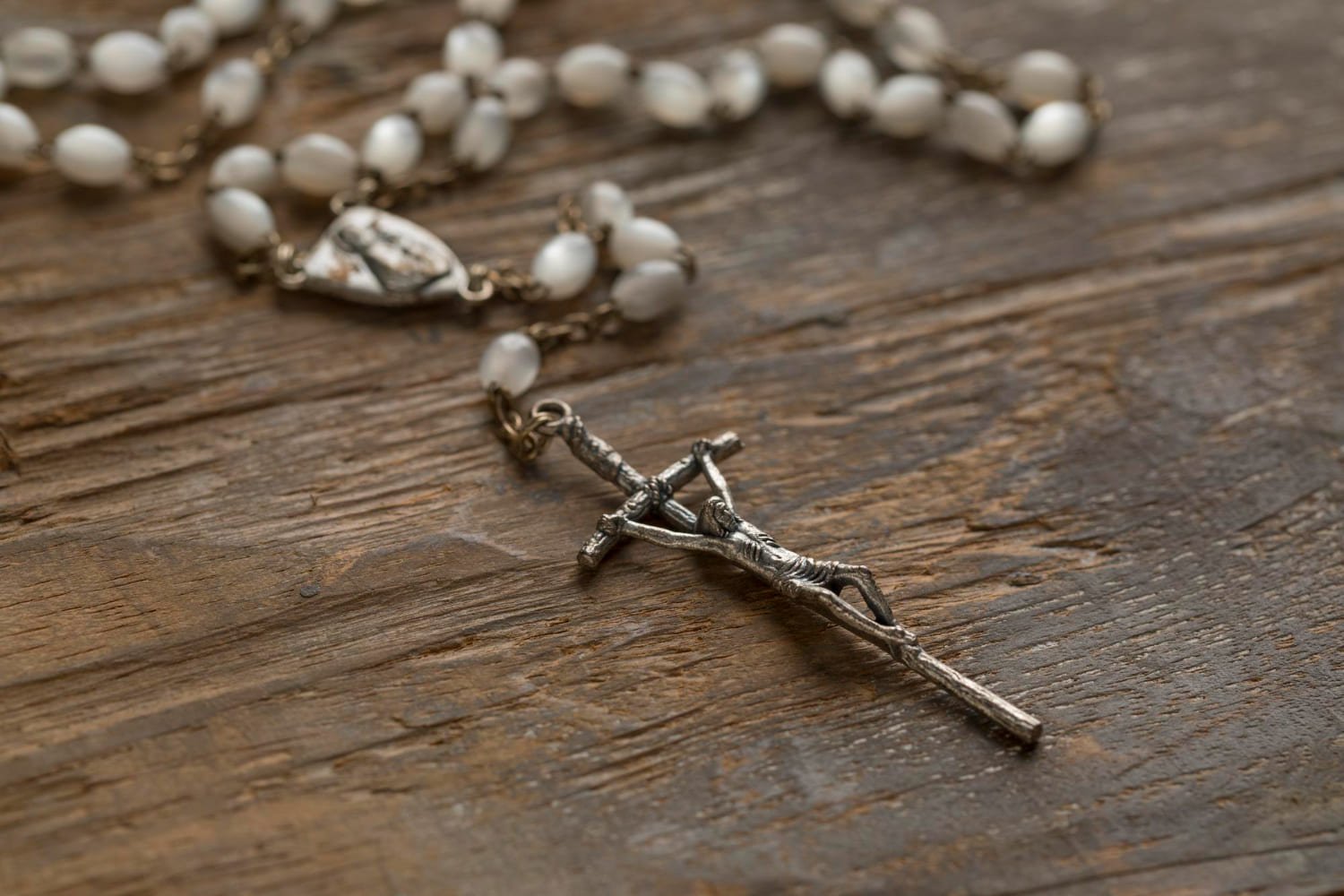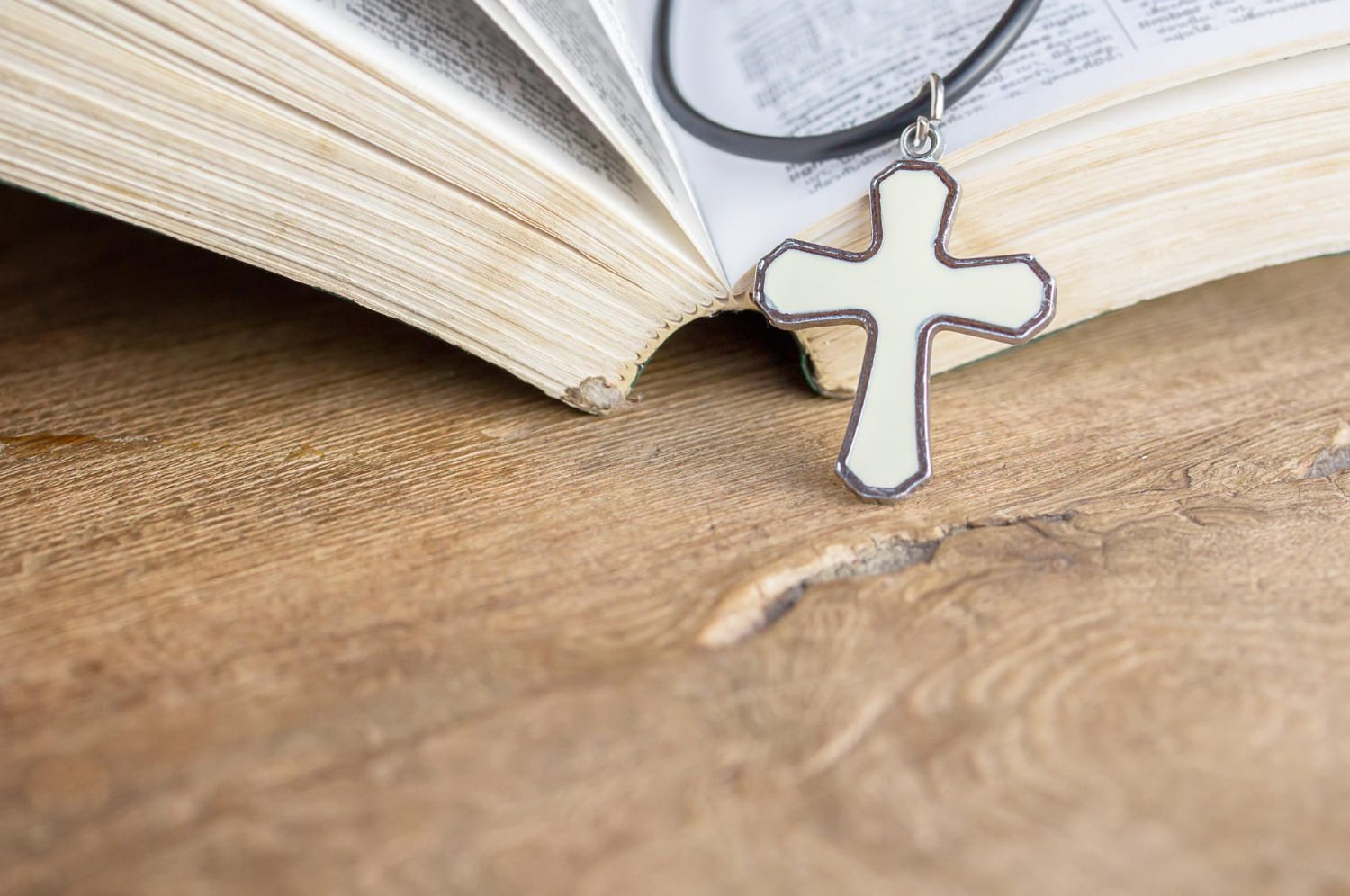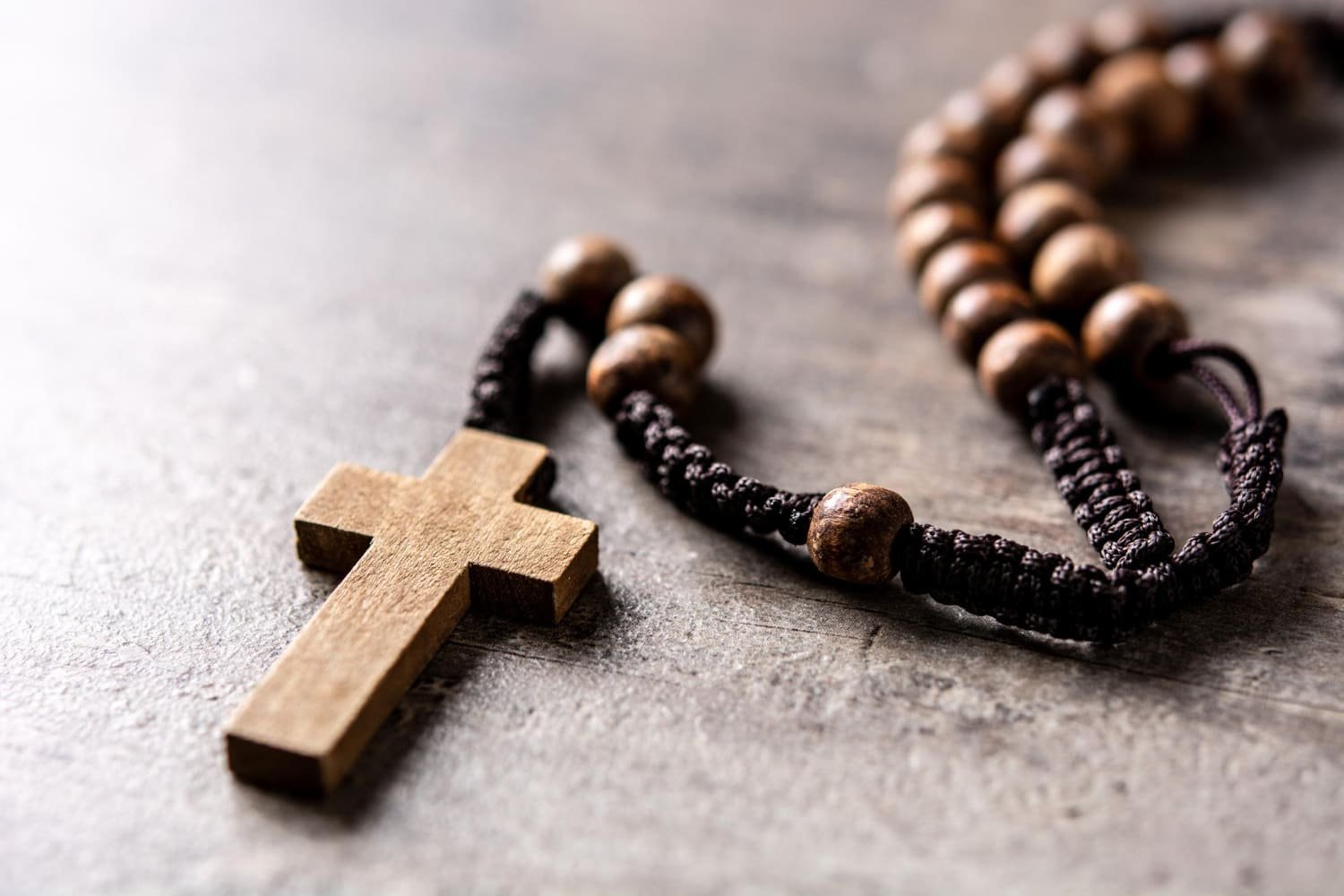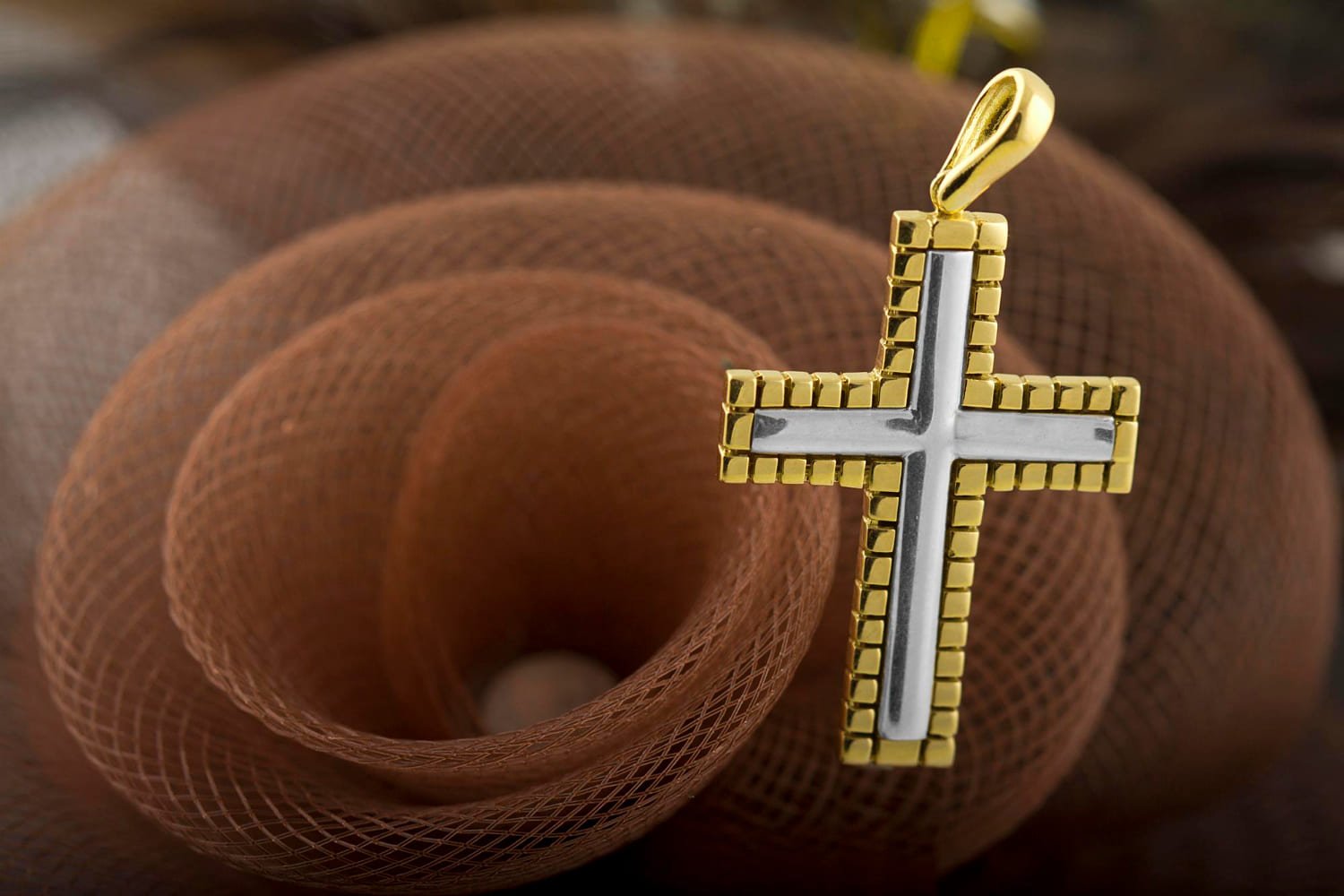Catholicism and Protestantism are two of the largest religions in the world. While they share many similarities, they also have significant differences, especially when it comes to the concept of being “born again.”
Being “born again” is a term that has been used by Christians for centuries, but it has taken on different meanings for different denominations.
For Catholics, being “born again” refers to the transformation that occurs during baptism, while for Protestants, it is a personal decision to accept Jesus Christ as their Lord and Savior.
These differences have led to debates and discussions about which one is better or more accurate.
Some argue that Catholicism offers a more structured and traditional approach to faith, while others believe that being born again through a personal relationship with Jesus Christ is the only way to truly experience salvation.
This article will explore the differences between Catholicism and being born again, and provide insight into the debate over which one is better.
Understanding Catholicism
Catholicism is the largest Christian denomination in the world, with over 1.3 billion followers. It is a hierarchical religion with the Pope as the head of the Church. The Catholic Church teaches that salvation is achieved through faith in Jesus Christ and good works.
Catholics believe in the Holy Trinity, the divinity of Jesus, and the Virgin Mary as the mother of God. Catholicism places a strong emphasis on tradition, with the Bible and the teachings of the Church considered equally important.
The Catholic Church has seven sacraments, including baptism, confirmation, and the Eucharist. Catholics also believe in the existence of purgatory, a place of temporary punishment after death for those who are not yet ready for heaven.
One of the most significant differences between Catholicism and Born Again Christianity is the concept of being “born again.” Catholics believe that being born again happens during baptism, where the person is cleansed of original sin and becomes a member of the Church.
Born Again Christians, on the other hand, believe that being born again is a personal decision to accept Jesus Christ as their Lord and Savior. Another difference is the role of the Church in the life of the believer.
Catholics believe in the authority of the Church and its teachings, while Born Again Christians place a greater emphasis on personal interpretation of the Bible.
The Catholic Church also has a hierarchical structure with priests and bishops, while Born Again Christianity has a more decentralized structure. Despite these differences, both Catholicism and Born Again Christianity share a belief in the divinity of Jesus Christ and the importance of faith in salvation.
Ultimately, the decision between the two comes down to personal beliefs and preferences.
Understanding Born Again Christianity
Born Again Christianity is a term used by Evangelical Protestants to describe a personal experience of faith in Jesus Christ. It is based on the belief that a person must be “born again” or “born from above” in order to have eternal life with God.
This experience is seen as a transformation of the heart and soul, where a person turns away from sin and towards God.
According to AllAboutReligion.org, being born again means having a change or transformation of the soul and heart by the work of God’s Spirit. One’s soul is the part of our being that consists of three things: the mind (or its disposition), emotions (feelings), and our will (what we determine).
Born again Christians believe that this transformation is necessary for salvation and that it is only possible through faith in Jesus Christ.
Born again Christians also believe in the authority of the Bible as the Word of God and in the importance of sharing their faith with others. They see evangelism as a way of fulfilling the Great Commission given by Jesus in Matthew 28:19-20 to “go and make disciples of all nations.”
While there is no one specific denomination or church that represents Born Again Christianity, it is often associated with Evangelicalism and Pentecostalism. These movements emphasize the importance of a personal relationship with Jesus Christ and the experience of the Holy Spirit.
Key Differences Between Catholicism and Born Again Christianity
Catholicism and Born Again Christianity are two distinct branches of Christianity, with significant differences in their beliefs and practices.
Some of the key differences between the two are:
- Baptism: Catholics believe that baptism is necessary for salvation. Born Again Christians believe that baptism is a public declaration of faith and not necessary for salvation.
- Bible: Catholics consider the Bible to be one of the sources of authority, along with tradition and the teachings of the church. Born Again Christians believe in the Bible as the sole source of authority.
- Communion: Catholics believe in transubstantiation, which means that during communion, the bread and wine become the actual body and blood of Christ. Born Again Christians believe that communion is a symbolic representation of Christ’s sacrifice.
- Salvation: Catholics believe that salvation is a process that involves faith, good works, and the sacraments. Born Again Christians believe that salvation is a one-time event that occurs when a person accepts Jesus Christ as their savior.
- Prayer: Catholics pray to Mary and the saints for intercession. Born Again Christians believe in praying directly to God.
These differences have led to varying practices and traditions within the two branches of Christianity. For example, Catholicism has a hierarchical structure with the pope as the head of the church, while Born Again Christianity tends to be more decentralized with a focus on individual interpretation of the Bible.
It is important to note that both Catholicism and Born Again Christianity have their own strengths and weaknesses. Catholics have a rich tradition and sacramental life, while Born Again Christians emphasize a personal relationship with Jesus Christ.
Ultimately, the choice between the two depends on personal beliefs and preferences.
Which One Is Better?
It is not appropriate to say that one is better than the other. Both Catholicism and Born Again Christianity have their own unique beliefs and practices that resonate with different individuals.
It is important to remember that religion is a personal choice and what works for one person may not work for another.
Catholicism has a rich history and tradition that spans over centuries. It emphasizes the importance of sacraments, the Virgin Mary, and the Pope as the head of the Church.
It also has a strong focus on social justice and charity work, with many Catholic organizations dedicated to helping the poor and marginalized.
Born Again Christianity, on the other hand, places a heavy emphasis on a personal relationship with Jesus Christ and the importance of being “born again” through faith in Him. It often involves a more contemporary style of worship and preaching, with an emphasis on the Bible as the ultimate authority.
Ultimately, the decision between Catholicism and Born Again Christianity comes down to personal preference and what resonates with an individual’s beliefs and values.
It is important to research and understand both religions before making a decision, and to respect the beliefs of others regardless of whether or not they align with one’s own.
Conclusion
While both Catholic and Born Again Christians share a belief in Jesus Christ as their savior, there are significant differences in their beliefs and practices.
Catholics place a strong emphasis on tradition, sacraments, and the authority of the Church, while Born Again Christians prioritize a personal relationship with Jesus and the authority of the Bible.
It is not for anyone to say which one is better as it depends on one’s personal beliefs and values. Both have their strengths and weaknesses, and it is up to the individual to decide which path aligns better with their spiritual journey.
It is important to note that while there may be differences between the two, both Catholics and Born Again Christians share the same ultimate goal of living a life that is pleasing to God and spreading his message of love and salvation.
Regardless of one’s religious affiliation, it is important to approach discussions and interactions with respect and an open mind. By seeking to understand and appreciate each other’s differences, we can work towards a more peaceful and harmonious world.

